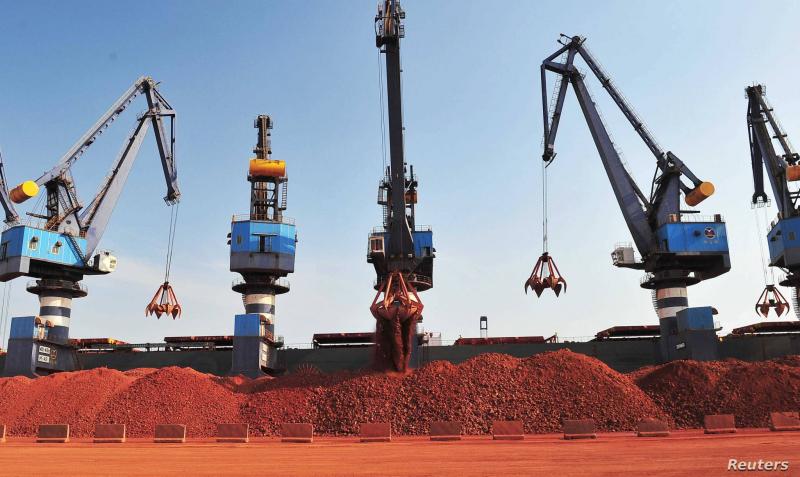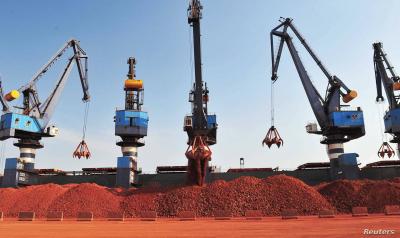Under the title "Global Car Prices May Rise: Warning of Consequences from Events in Guinea," the Alhurra website reported that as gunfire began around the presidential palace in Guinea, some people expressed panic about the future of natural resources. The West African country possesses the largest bauxite reserves in the world, a key source for aluminum chips, soda cans, and cars. A report by the Washington Post reflects the concerns of analysts and workers in the aluminum industry following the ouster of President Alpha Conde, who had transformed his country into a significant exporter. Among these concerns is the potential rise in global prices for some products, including cars. Special forces soldiers ousted President Conde on Sunday, announcing the suspension of the constitution, the dismissal of the government, the closure of the country's land and air borders, and imposing a curfew.
Some residents lamented the democratic backslide, while others celebrated the fall of an unpopular leader, as his opponents claim he allowed foreign mining companies to destroy agricultural land and drinking water.
Analysts warned of potential disruptions in global markets, with prices for Guinean bauxite shipments to China, its largest customer, reaching an 18-month high. Russian company Rusal, one of the largest aluminum producers in the world, threatened to evacuate its workers from Guinea. Researchers believe shoppers worldwide should expect a financial shock if the flow of bauxite is disrupted. The newspaper quoted Australian bauxite analyst Alan Clarke stating, "The uncertainty in Guinea could pressure costs on anything containing basic aluminum, meaning the consumer will pay more."
British risk consultant Eric Hamfrey Smith wrote, "Miners can only wait for clarity from the new military rulers." By Tuesday, there was no evidence of production decline, but Smith noted that "still, new contract negotiations or even expropriation of state assets cannot be ruled out."
In Conakry, the capital, coup leader Colonel Mamady Doumbouya sent mixed messages on the issue. After announcing the ousting of the president, Doumbouya stated, "It is time to harness Guinea's land heritage for the people, half of whom live in extreme poverty." He added, "Our country lacks not human resources, nor natural resources. No, our problem is the lack of political courage." The next day, the colonel clarified that mining activities in the northwest of the country would continue without restrictions as the military council formed a transitional government.
Guinea represented a small portion of global bauxite production when Conde took office in 2010. Mining accounted for 35 percent of the economy. Eleven years later, this share rose to 22 percent, thanks to a massive deal the president made with China, where Beijing agreed in 2017 to lend Conakry $20 billion for much-needed infrastructure over the next two decades in exchange for bauxite concessions. Currently, over twenty international companies are mining in the country, including firms from the United States, France, and Australia.
Meanwhile, a recent report from Human Rights Watch found that mining threatens thousands of acres of agricultural land and water supplies in a region where most families rely on farming. Conde, who is 83 years old, won a third presidential term in October after amending the constitution to allow him to run again. This sparked violent protests organized by the opposition, while the government significantly increased taxes in the past few weeks to fill state coffers and raised fuel prices by 20 percent, causing widespread discontent. Over ten years of Conde's rule, Guinea experienced sustained economic growth due to its wealth in bauxite, iron ore, gold, and diamonds, but few of its citizens have reaped the benefits of this growth. Critics say the government resorted to criminal laws to curb any opposition, while political grievances were fueled by ethnic divisions and rampant corruption.




